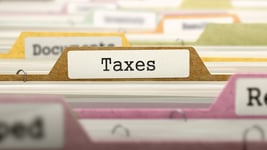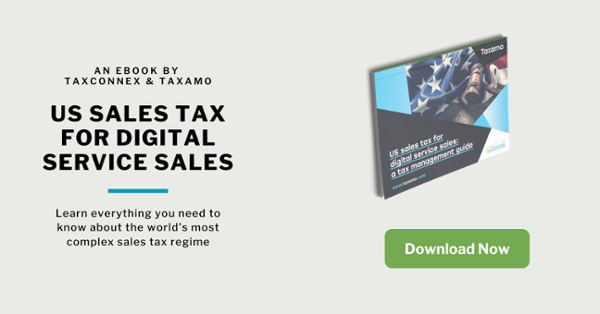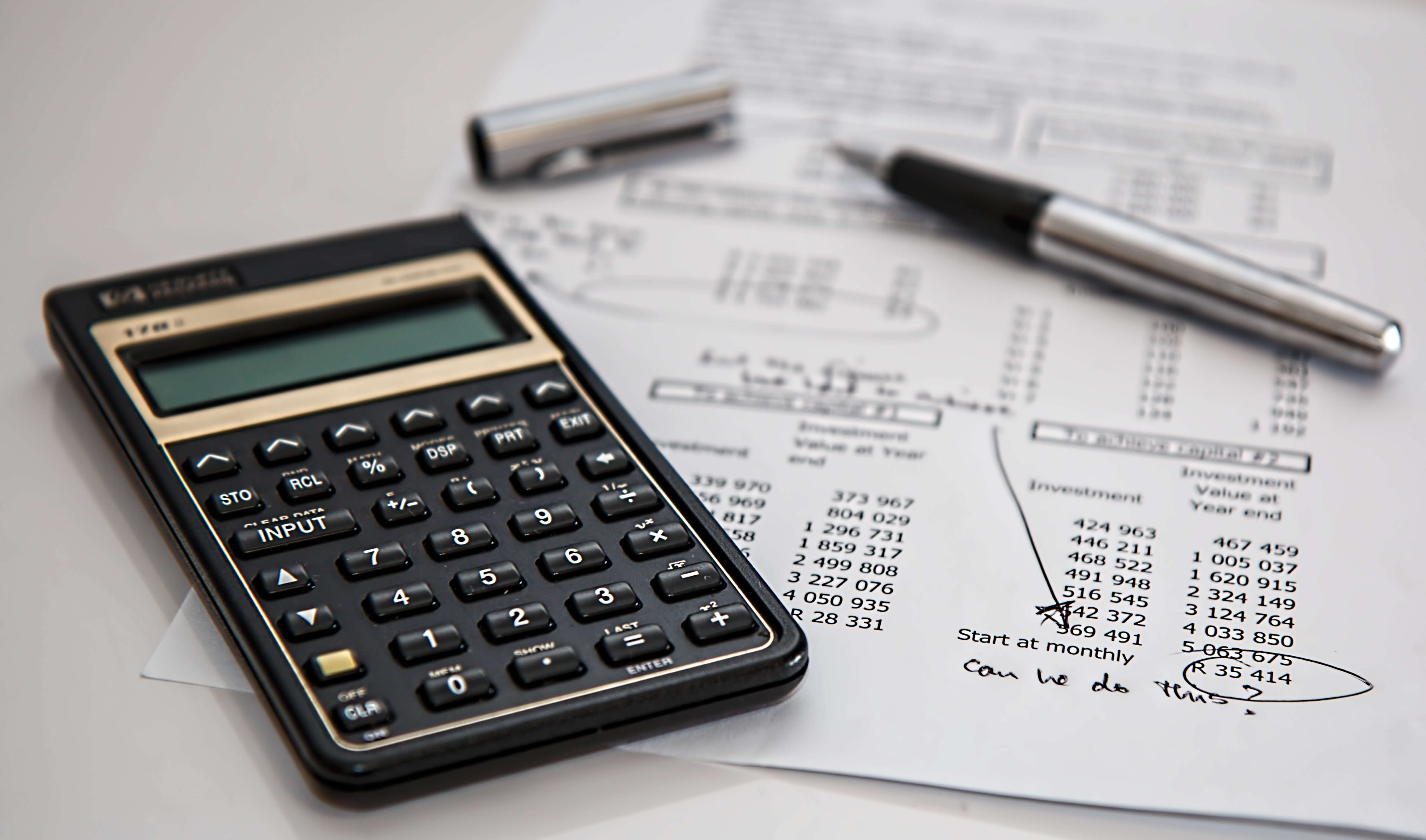You may think that if you do not have physical or economic tax nexus in a state, you do not have any tax obligations. However, this may not be the case. You can still have obligations to the certain tax authorities in a state even where you do not have nexus and are not required to collect and remit sales tax in the state.
The reason? Use tax. Specifically, consumer’s use tax.
Use tax is defined as a tax on the storage, use, or consumption of a taxable item or service on which no sales tax has been paid. Use tax is a complementary or compensating tax to the sales tax. Use tax is required to be paid by the buyer in cases where the seller does not collect sales tax. Use tax or sales tax is due on a sale, but not both. Therefore, use tax is a complementary tax and is not charged if sales tax was charged.

A number of states - including Colorado, Georgia, Pennsylvania and Washington and more - have chosen to offer remote sellers the option of complying with strict use tax notification and reporting requirements rather than registering for sales tax under nexus provisions.
In general, use tax notification and reporting laws require you to do the following:
- Tell customers on your website that use tax may be due on purchases where sales tax has not been collected.
- Include a notice with each applicable sale saying you didn’t collect sales tax because you don’t have nexus, and that use tax is due from the customer.
- Send an annual purchase summary statement to every affected customer (in some states, by 1st class post and separate from any other communication).
- Send an annual customer information report to each relevant state, giving customer names and addresses plus details about what each customer bought, when they bought it, and what they paid.
It is perhaps no accident that use tax notice and reporting regulations can be so onerous that voluntary sales tax registration may seem a more attractive option.
The individual states that have enacted use tax notification and reporting laws do (of course) apply different rules. Some states have a minimum threshold for the volume of business or number of transactions below which use tax and reporting rules do not apply. Some states apply basic rules to all vendors, but have a threshold above which greater notice and reporting requirements apply.
State-specific regulations also include idiosyncrasies such as the Rhode Island rule that you must send a use tax notification to the customer 48 hours after the order has been placed, rather than after the sale has been made.
As with most things related to sales tax, use tax is not a one size fits all answer. Keeping up with the changes and different specifics per state can be a full time job on it’s own. By outsourcing sales and use tax management to an expert, you can save your business time, money and stress. Contact TaxConnex to learn how we can help.
This is an excerpt from our eBook, A Practical Guide to Selling into the US. To learn more and get information on maintaining sales tax compliance when selling into the US, download the full guide here.







.png?width=1200&height=628&name=2023%20logo%20with%20SOC%20and%20clearly%20rated%20(2).png)